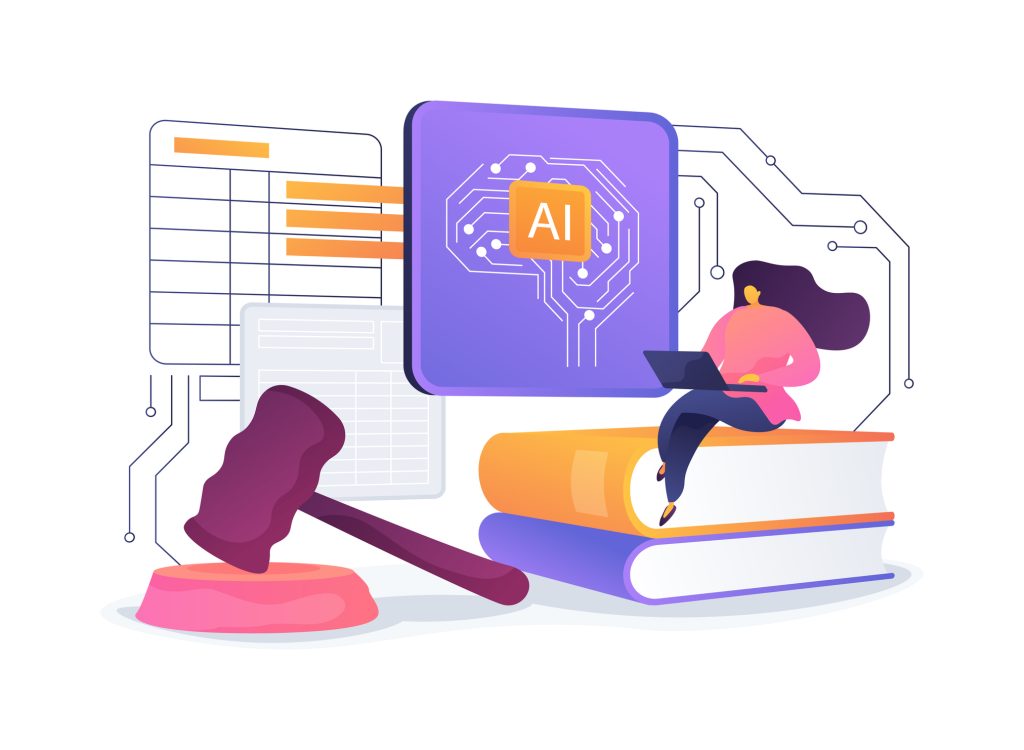Key Panel Insights from the 2025 Society for Scholarly Publishing 47th Annual Meeting
I recently had the pleasure of moderating a deeply engaging and thought-provoking conversation at the 2025 Society for Scholarly Publishing (SSP) 47th Annual Meeting alongside my fellow panelists, Simone Taylor, Chief Publishing Officer at the American Psychiatric Association, and Diane Harnish, Senior Consultant at Delta Think.
Together, we explored one of the most urgent topics in scholarly publishing today: How can we use AI to fuse copyright law, academic knowledge, and commercial innovation?
We began with a paradox
AI is seen as both a top challenge and the top opportunity facing scholarly publishers, as was identified in a recent survey conducted by Research Consulting Limited with support from Copyright Clearance Center (CCC).
Society publishers overwhelmingly recognize the transformative potential of AI, but many also feel underprepared to respond to it. The result is a cautious posture. As we explored in this session, however, caution doesn’t have to mean slow.
Simone offered an important perspective. Being cautious must mean being thoughtful, and thoughtful is exactly what’s needed right now. Many publishers are taking a wait and see approach, but the technology is advancing around them and it’s not waiting. The data and content ecosystem is already shifting and in many cases being integrated with AI systems with or without direct engagement from content owners.
So what’s missing? Infrastructure
Simone stressed that if we want publishers of all sizes to engage with AI responsibly and proactively, we need better infrastructure. One example of needed infrastructure is collective licensing, like the voluntary, non-exclusive licenses offered by CCC. These licenses allow even smaller publishers who might not have the legal bandwidth to negotiate directly with AI developers to participate in the AI ecosystem on more equitable terms.
Another audience member highlighted that even getting a response from a major AI developer can be a hurdle for small publishers, and when they do engage the complexity of negotiations often exceeds their internal capacity.
As noted in the recent survey by Research Consulting, societies, and especially those who ‘wholly self-publish,’ are actively seeking guidance and support from peer and industry bodies around the use of AI in editorial workflows and would welcome future collaboration to provide efficiencies and create common approaches and best practices.
We also addressed the issue of fair use and the important role that licensing plays in reducing the risks of inappropriately unlicensed reuse, including the potential for courts to determine certain uses as fair or for regulators to intervene with exceptions if they perceive the market as failing to provide adequate access.
The future of AI is here
Perhaps the most jarring moment came when we discussed a recent development in the AI research community, the introduction of Zochi. Zochi is an autonomous AI agent, a research agent, that was developed by Ontology. It’s designed to independently perform every stage of the scientific process, from identifying a research question, to conducting a literature review, to proposing a methodology, to generating results, and writing up finding.
This isn’t just theoretical. Zochi recently submitted a paper to ACL 2025, one of the top conferences in computational linguistics, and the paper was peer reviewed and accepted for presentation at the conference. It’s a profound signal that we’ve entered a new era, an era where AI agents are not just assisting researchers but autonomously producing scientific knowledge.
As our panel discussed, the future isn’t around the corner, it’s already here. It’s just not evenly distributed. If the future of research involves machine to machine communication, we need to think beyond human readership. In many cases machines may become the primary consumers of scholarly articles used to feed downstream AI models, summarize findings, or even critique methodologies.
As Diane pointed out, that means publishers need to engage with AI tools today, not only to improve internal workflows and achieve efficiency gains, but to prepare for a future where discoverability, interoperability, and licensing mechanisms must be built with AI readiness in mind.
In summary
We want AI systems that reflect the integrity, the rigor, and the values of scholarly publishing, then the systems we build, be they legal, operational, and ethical, must reflect the same principles.
Thank you to my great panelists, Diane Harnish and Simone Taylor, and to all those who joined the conversation.
Keep Learning
Looking for additional information to navigate the ever-changing landscape of scholarly publishing and AI? Visit our AI, Copyright & Licensing resource page for helpful insights.

